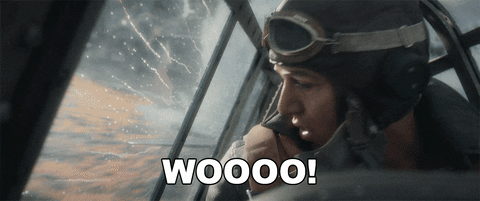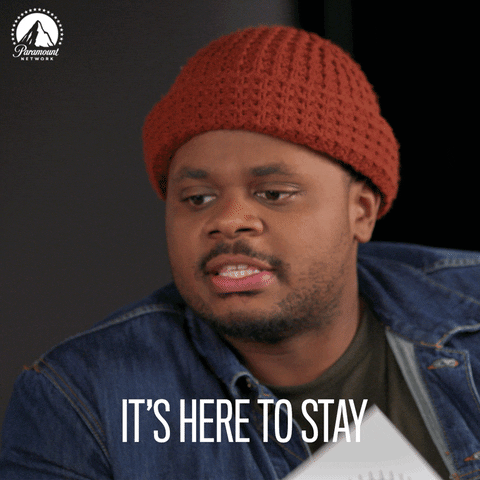You finally saved up or the game you wanted to buy!

Wait, what? A few months ago, it costed $59.99 and now it's $69.99!

This price change is an example of inflation — a rise in the prices of goods and services over a period of time.
Inflation means that you'll be able to buy less with your money now than you could in the past. This can influence how you decide to spend your money.
What Causes Inflation?
 Demand Problems
Demand Problems
A lot of people want to buy the same product but there isn't enough of that product to meet demand.
People are willing to pay more to get a hold of that product.
 Cost Push
Cost Push
The price of materials to make a product goes up, and/or the workers who make the product get a wage increase.
Producers pass on the extra costs to buyers with higher prices.
 Supply Problems
Supply Problems
Events like wars, natural disasters, and accidents cause production and shipping delays.
Fewer products reach the market, and sellers can't meet demand, so they increase prices to stay profitable.
 Money Supply Issues
Money Supply Issues
The government prints more money to deal with an economic crisis.
The value of the dollar goes down, it costs more to import goods, and companies pass on the extra costs to buyers.
Is Inflation A Bad Thing?

Inflation isn't always a bad thing. Most economists expect that inflation will rise year to year by around 2% or less.
But if inflation rises above 2%, it can cause all kinds of problems for ordinary people:
Essential goods and services like gas, transportation, home energy, and food become harder to afford.
The money you and your family have saved up in your bank accounts becomes less valuable.
And if people's wages and salaries aren't rising at the same rate as inflation, it means your purchasing power — the value of your money — goes down year after year.

Quiz
Imagine the current annual rate of inflation is 4%. A movie ticket costs $9.00 today. If the rate of inflation stays the same, and movie theaters pass on the costs to movie goers, how much will you pay for a movie ticket a year from now?
How Does Inflation Work In The Real World?
The COVID-19 pandemic created a perfect storm for inflation.

A series of pandemic-related events caused a 5% increase in inflation from 2020 to 2021, which meant many goods and services became harder to afford for a lot of people.
 When the virus first hit:
When the virus first hit:
Most countries had to restrict people's movements to stop the virus from spreading.
A lot of people lost their jobs and businesses. Governments put money into the hands of citizens and companies to prevent the economy from collapsing.
More people stayed home, so the demand for home goods and online shopping went up.
Because of pandemic restrictions, companies had a hard time keeping up with demand, so they increased prices to make up for lost profits.
 After more people got vaccinated:
After more people got vaccinated:
Governments were able to reopen their economies when the virus was less of a threat.
People wanted to buy and do things they couldn't during shutdowns like travel, go to the movies, and dine out.
Many workers didn't want to go back to low-paying jobs, so business owners had to increase wages to attract staff.
Companies had a hard time keeping up with the increased demand for products and services.
Prices went up so sellers could pay for the added costs and delays.
What Does Inflation Mean For You?

You'll have to save up for a longer time to buy the things you want.
If you have a part-time job, you'll need to work more hours to be able to afford more things.
You might have a harder time paying bills, buying essentials, or treating yourself.
You'll have to be more frugal with spending and look harder for deals and discounts.
Some people might rush to stores because they expect prices will continue to go up, so you might miss out on products in the short term.
Take Action

Inflation is a part of life.
It's pretty rare to see prices going down from year to year, so you'll have to learn to live with inflation. The more you understand it, the better you'll be able to plan your financial future.
Your feedback matters to us.
This Byte helped me better understand the topic.
